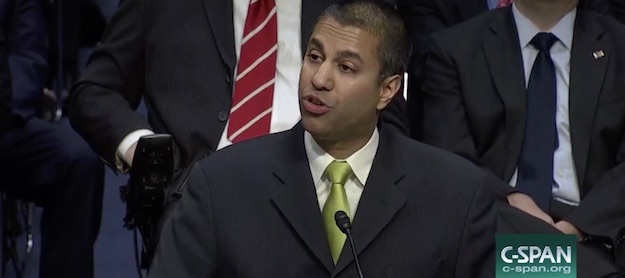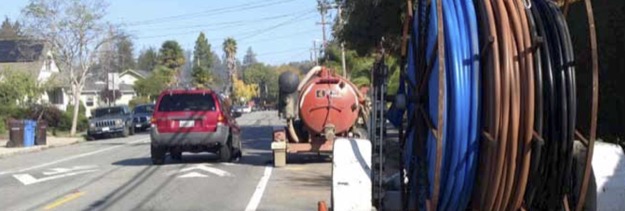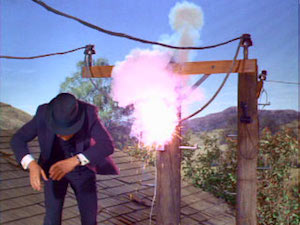Competitive pole access, urban streetscapes considered by CPUC
![By Maripo GODA (Own work) [CC BY-SA 3.0 (https://creativecommons.org/licenses/by-sa/3.0)], via Wikimedia Commons](https://www.tellusventure.com/images/2017/3/wireless_access_pole.jpg)
The California Public Utilities Commission will decide whether wireline telephone companies and other licensed telecommunications companies can attach wireless equipment to utility poles on the same terms as mobile carriers. Responding to a request from the Wireless Infrastructure Association (WIA), a lobbying group for companies that build and own cell towers and similar facilities, CPUC president Michael Picker is proposing to start the process that could eventually grant that permission.
But the questions he wants to ask go beyond the simple technical and legal considerations that go along with the current pole attachment rules, and touch on broader questions of competitive barriers and how much infrastructure is too much, particularly in urban areas…
… MoreAlthough the scope of this proceeding is limited to [licensed telecoms companies’] wireless pole attachments, we will take comment on (1) whether there is sufficient space and load-bearing capacity on the stock of existing utility poles to support additional telecommunications attachments, including wireless pole attachments, that may be necessary to provide ubiquitous, competitive, and affordable telecommunications services; (2) whether the cost of replacing existing poles to support additional telecommunications attachments poses a barrier to entry; and (3) whether urban streetscapes can accommodate more pole attachments, the replacement of existing poles with larger poles, and possibly an increase in the number of poles.


![By Loozrboy from Toronto, Canada (Big Foot) [CC BY-SA 2.0 (https://creativecommons.org/licenses/by-sa/2.0)], via Wikimedia Commons](https://www.tellusventure.com/images/2017/3/big_foot.jpg)
![By General Artists Corporation-GAC-management. [Public domain], via Wikimedia Commons](https://www.tellusventure.com/images/2017/3/shoe_phone.jpg)





![By Apollo 12 crew (Apollo Imagery) [Public domain], via Wikimedia Commons](https://www.tellusventure.com/images/2017/3/eclipse.jpg)